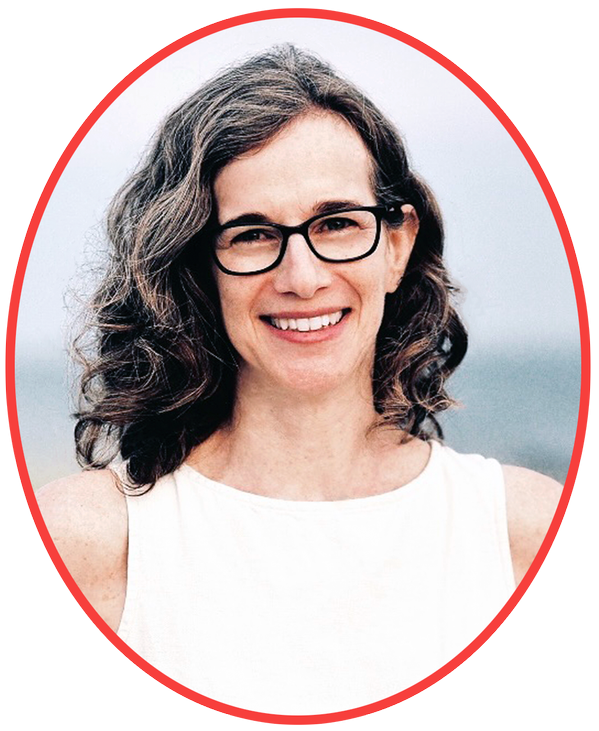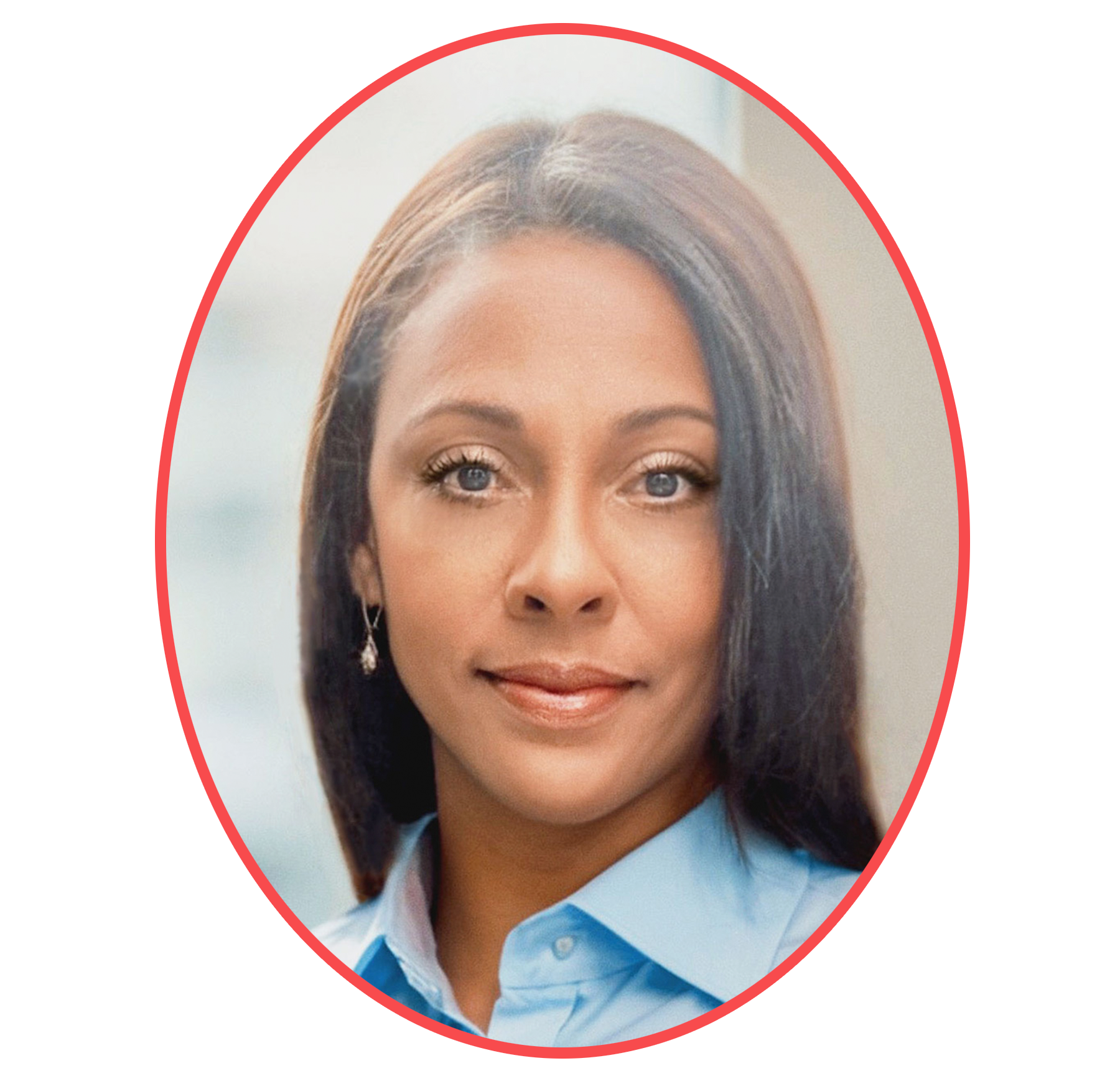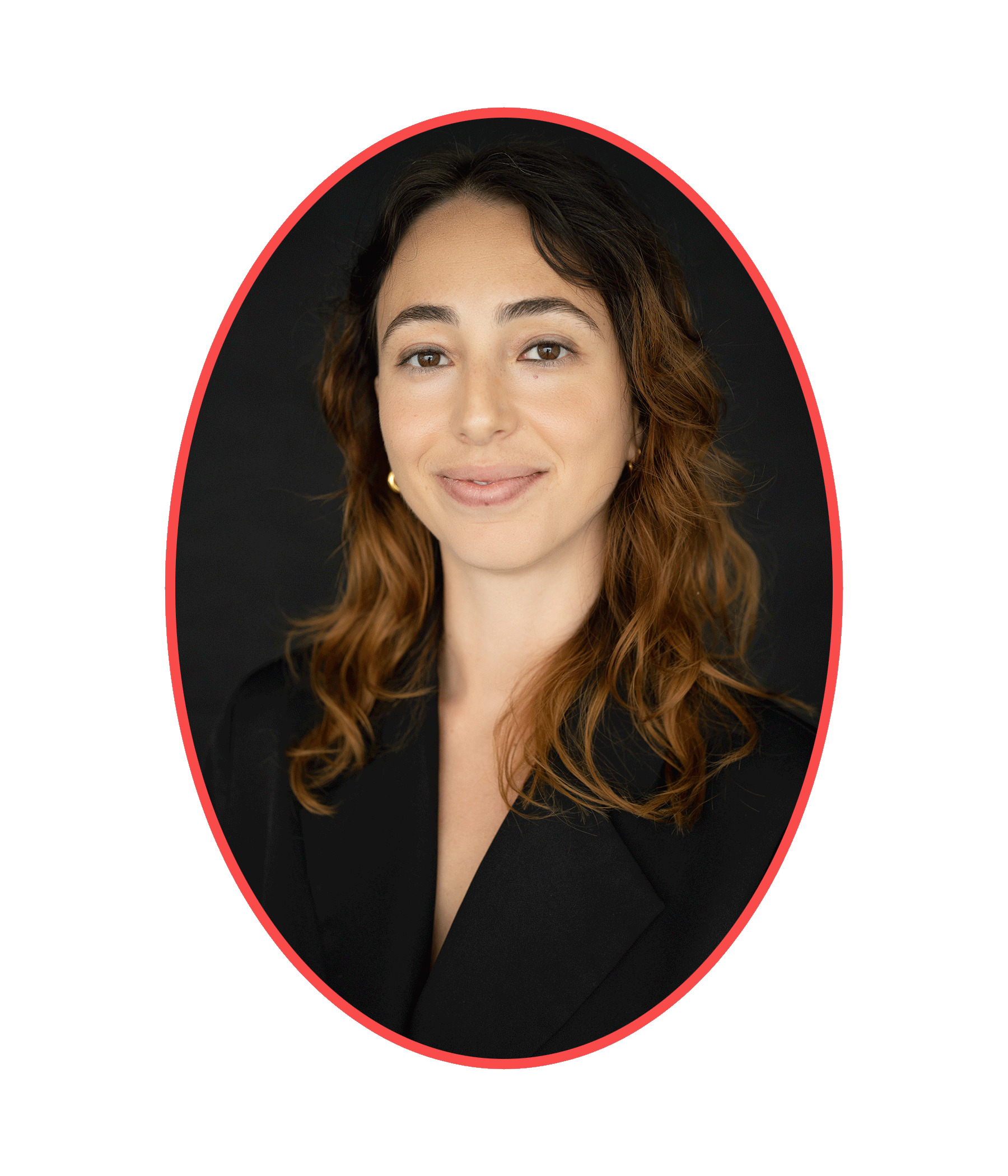Who we are
BOARD OF DIRECTORS
Ting Ting Cheng is the Director of the Equal Rights Amendment (ERA) Project at Columbia Law School. A civil rights attorney and activist, she has spent her career advocating for marginalized communities. Previously, she was a public defender and immigration attorney at Brooklyn Defender Services and litigated gender discrimination cases at Legal Momentum (formerly the NOW Legal Defense and Education Fund).
Ting Ting served as the Legal Director of the Women’s March on Washington on January 21, 2017, helping to organize the largest single-day protest in US history. She was also a foreign law clerk to Justice Albie Sachs and Justice Edwin Cameron at the Constitutional Court of South Africa and a Fulbright Scholar in South Africa, where she received the Amy Biehl Award.
Ting Ting has written a range of publications, such as the Harvard Social Impact Review and the American Bar Association’s Perspectives Publication, and has offered commentary for numerous media outlets, including CNN, NPR, New York Magazine, Bloomberg News, Philadelphia Inquirer, and The 19th.
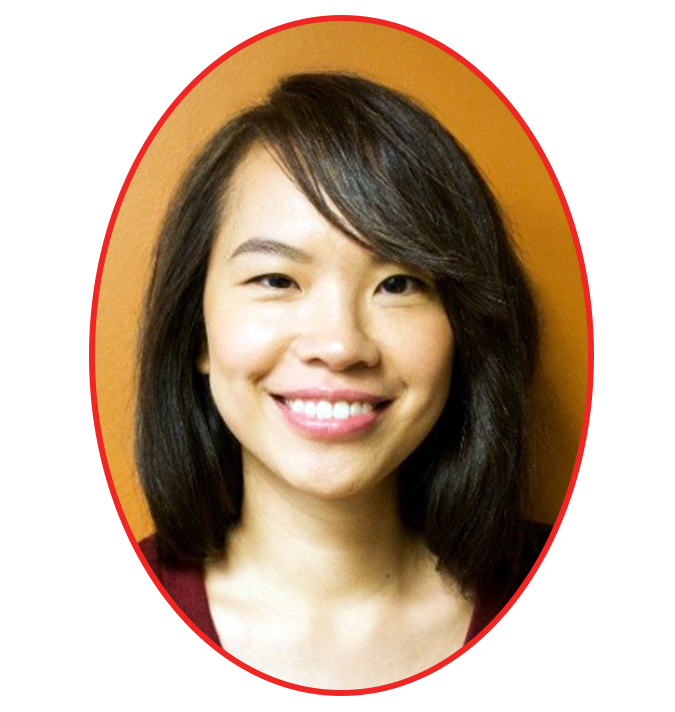
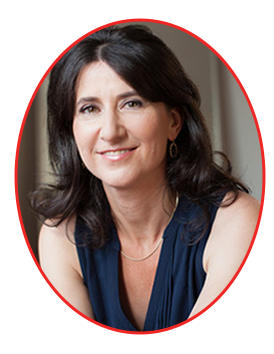
Marni Sommer, DrPH, MSN, RN, has worked in global health and development on issues ranging from improving access to essential medicines to humanitarian relief in conflict settings. Dr. Sommer’s particular areas of expertise include conducting participatory research with adolescents, understanding and promoting healthy transitions to adulthood, the intersection of public health and education, gender and sexual health, and the implementation and evaluation of adolescent-focused interventions. Her doctoral research explored girls’ experiences of menstruation, puberty, and schooling in Tanzania and the ways in which the onset of puberty might disrupt girls’ academic performance and healthy transition to adulthood. Dr. Sommer presently leads the Gender, Adolescent Transitions and Environment (GATE) Program, based in the Department of Sociomedical Sciences. GATE explores the intersections of gender, health, education, and the environment for girls and boys transitioning into adulthood in low-income countries and in the United States. GATE also generates research and practical resources focused on improving the integration of menstrual hygiene management and gender-supportive sanitation solutions into global humanitarian response.
